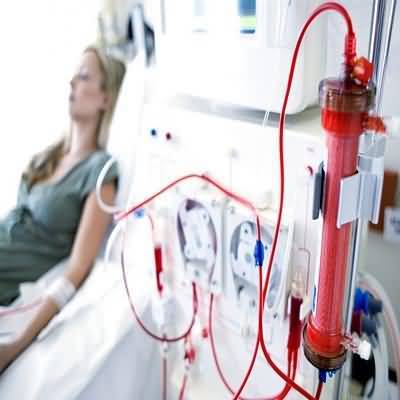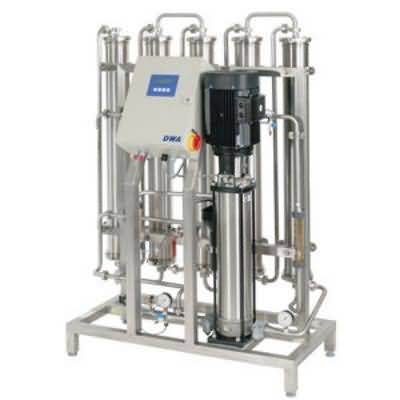HomeDialysisCommon Medications Taken During Hemodialysis
HomeDialysisCommon Medications Taken During Hemodialysis
Phosphorus binders Calcium carbonate
When PTH levels rise, there is inflammation in the bones, plus calcium and phosphorus are lost from the bones and move into the bloodstream.Because of kidney failure, the kidneys can no longer get rid of the extra phosphorus that’s in the blood. Dialysis removes only a little bit of phosphorus.
Preventing or reversing this process can be done through diet and medicines such as phosphorus binders.
Even when patients limit foods that are high in phosphorus, they would still have a high phosphorus level if they didn’t take their phosphorus binders. The binders prevent the body from absorbing the phosphorus from the foods eaten.
The most common medication is calcium carbonate. It must be taken at the during each meal.
Folic acid:
Folic acid is a type of B vitamin that is normally found in foods such as dried beans, peas, and spinach.Folic acid helps your body produce and maintain new cells, and also helps prevent changes to DNA that may lead to cancer.
As a medication, folic acid is used to treat folic acid deficiency and certain types of anemia (lack of red blood cells) caused by folic acid deficiency.
Folic acid is sometimes used in combination with other medications to treat pernicious, aplastic, or normocytic anemia.
However it will not treat Vitamin B12 deficiency and will not prevent possible damage to the spinal cord.
Take all of your medications as directed.
It is essential element for the bone marrow to produce red blood cells.
In order for erythropoietin to work well, folic acid needs to be present to make red blood cells.
Iron
In order for erythropoietin to work well, iron needs to be present to make red blood cells. Without iron fewer red blood cells are made, and are smaller in size and not able to carry as much oxygen.Small amounts of red blood cells—with iron—are lost during a hemodialysis session.
If iron is not replaced, eventually dialysis patients lack enough iron and erythropoietin and do not function as well. Because of this, most dialysis patients need to receive iron.
Oral iron can be used, but frequently is not effective, because many people find it causes stomach pains and constipation. Sometimes the iron losses are too great to be replaced by oral iron.
Many dialysis units now give small amounts of intravenous iron during hemodialysis.
Regular blood tests will tell a patient’s doctor if they need iron therapy.
With careful iron management and the use of erythropoietin, over 90% of patients can enjoy energy levels that come from having a normal red blood cell count.
Active Vitamin D
The kidneys convert Vitamin D to its active form that helps the body absorb and use calcium. Because the kidneys are not working as well, many patients on hemodialysis do not have enough of the active form of Vitamin D.
People with chronic kidney disease (CKD) and those on dialysis can experience loss of bone minerals, including calcium and phosphorus. The calcium and phosphorus can also mix together, get hard and build up (forming calcifications) in the small blood vessels of the feet, intestines and heart.
This condition can lead to amputations, abdominal pain, gangrene of the intestines and heart failure. These complications are due to the mix of dietary calcium, phosphorus, vitamin D and a hormone called PTH (parathyroid hormone).
Active vitamin D controls the balance of calcium, phosphorus and PTH. But, vitamin D that the body naturally gets from sunlight and food is inactive when renal failure occurs. The oral form of active vitamin D may be effective in preventing high PTH.
Red Blood Cell Stimulating Agents
The kidneys help to make red blood cells in the body. When you are on dialysis, it means your kidneys are not working well enough to make red blood cells. The medications that help make red blood cells are:Darbepoetin (Aranesp)
Given once a week during hemodialysis
Erythropoietin (Eprex)
Given 3 times a week during hemodialysis Some hemodialysis patients make enough red blood cells, so not all patients need to receive this medication.
Topical creams & antihistamines
Many dialysis patients have itching and dry skin. While it is important to find and correct the cause, the itching can frequently be treated with topical hydrating agents or topical cortisone along with oral antihistamines.Vitamin E
Some people who are on dialysis are prone to leg cramps while on dialysis and at night time. This can be due to the rapid fluid and electrolyte shifts in and out of muscle cells from the hemodialysis treatment. Vitamin E has been said to help many people as a preventative measure for cramps when taken either before dialysis or at bedtime.People with CKD, as well as those on dialysis, need to be involved in all areas of their care. They must be an active member of their health care team by watching their diet and making sure they understand and take the medicines they need to improve their longevity and quality of life.
Omeprazole
Patients with end-stage renal disease (ESRD) are at high risk for bleeding complications. Upper gastrointestinal bleeding (UGIB) occurs most frequently in patients undergoing dialysis and is associated with higher re-bleeding risk and mortality than the general population. Neither the origin nor pathogenesis of UGIB has been elucidated, although platelet dysfunction, blood coagulation abnormalities, and anemia may contribute to bleeding tendency. Patients undergoing hemodialysis (HD) have increased risk for UGIBDiuretics
Patients often begin dialysis taking diuretics (stimulate the kidney to excrete salt and water). Once on dialysis, these drugs are often continued. Whether these drugs are still needed, or even effective is often unclear.Patients often begin dialysis on a significant dose of diuretic due to the retention of sodium and water in the predialysis phase of their chronic kidney disease (CKD). The quandary often faced by the care team is whether or not the diuretic should be continued on dialysis, particularly after they have been on dialysis for a period of time. For the appropriate dialysis patient, a daily dose of furosemide,, minimizes the interdialytic weight gain, may result in better blood pressure (BP) control and may lower the risk of heart failure. Furthermore, there may be a favourable impact on cardiac remodeling and cardiac morbidity and mortality. The diuretic may also increase the excretion of potassium, thereby reducing the likelihood of hyperkalemia.


















